How You Can Keep Food Safe During a Power Outage
April 28, 2021
April showers bring May flowers, but they can also bring downed power lines and high-speed winds! Depending on your location, you may associate spring storms with thunder, lightning, and hail rather than a light scattering of raindrops. If you run a commercial kitchen, you must be ready for anything, including sudden power outages. When storms or flooding cause a loss of power, it’s important to have a plan in place to preserve food in refrigerators and freezers. Here are a few points to keep in mind as you prepare for an unexpected power loss.
1. Remember that commercial refrigerators will stay cold for an extended period of time.
The good news about commercial refrigerators and freezers is that they warm up very slowly if they’re large enough. If you have a power outage that lasts just a few hours, it’s likely the food inside the equipment will stay at a safe temperature, especially if the door is not opened during the outage. For home refrigerators, the FDA advises consumers that food will likely stay safe for up to 4 hours
in a closed refrigerator with no power. Since commercial equipment is larger and colder than home refrigerators, the interior temp will stay below 40℉ for several hours longer. Commercial freezers can stay cold even longer—up to 3 days. The key is to keep doors closed and monitor temps to ensure storage temps are safe.
2. Throw out food when it has been at 40 degrees for over two hours.
When in doubt, use a meat thermometer to determine food temperature after a power outage. Anything below 40℉ can be refrozen or kept in the refrigerator and used normally. However, any food above 40℉ is recommended by the Food Safety and Inspection Service (FSIS) of the U.S. Department of Agriculture
to be tossed out. Obviously, these guidelines are most important for meat, eggs, stocks, and sauces. Whole vegetables and whole fruit can likely be used safely even after a longer outage, although cut fruit and vegetables should be discarded.
3. Cook any meat immediately rather than throwing it out.
If your gas range and oven are still functional, it may be possible to cook some of the meat in your commercial refrigerator if the thermostat rises above 40℉. The cooked meat will need to be refrigerated or frozen after two hours, but if power is restored during those two hours after cooking, you can save product that you would have otherwise thrown out.
4. Ask a nearby restaurant to “borrow” their cold storage.
If the power outage is only in your building or on your side of the street, you may be able to “borrow” refrigerator or freezer space from a nearby commercial kitchen. Many kitchen managers in the industry build strong relationships, even with competitors. In the event of an emergency, it’s time to lean on those professional connections. Call or text other commercial kitchens to see if they have space to store refrigerated or frozen goods. Other restaurants or large organizations know the cost of losing inventory, and they’re likely to lend a helping hand in times of trouble.
5. Rent a refrigerated truck.
Renting a refrigerated truck is typically used for walk-in cooler and freezer rebuilds, but it is a good ”last” option when the power is down. Although working out of a truck is difficult, there is no concern over temp loss when opening and closing doors on refrigeration equipment that is not running.
Helping You Keep Your Commercial Kitchens Safe at All Times
Whether a power outage is caused by a power surge or a downed line, commercial refrigerators can quickly lose cooling power. This can lead to food spoiling and valuable inventory being lost. To check your commercial refrigerator’s status
after a power outage, contact the experts at ATECH to schedule a service call. ATECH is committed to repairing and maintaining your commercial equipment quickly, efficiently, and effectively. To help you keep a regular schedule for servicing your commercial kitchen equipment, reach out to us for a planned maintenance visit today.
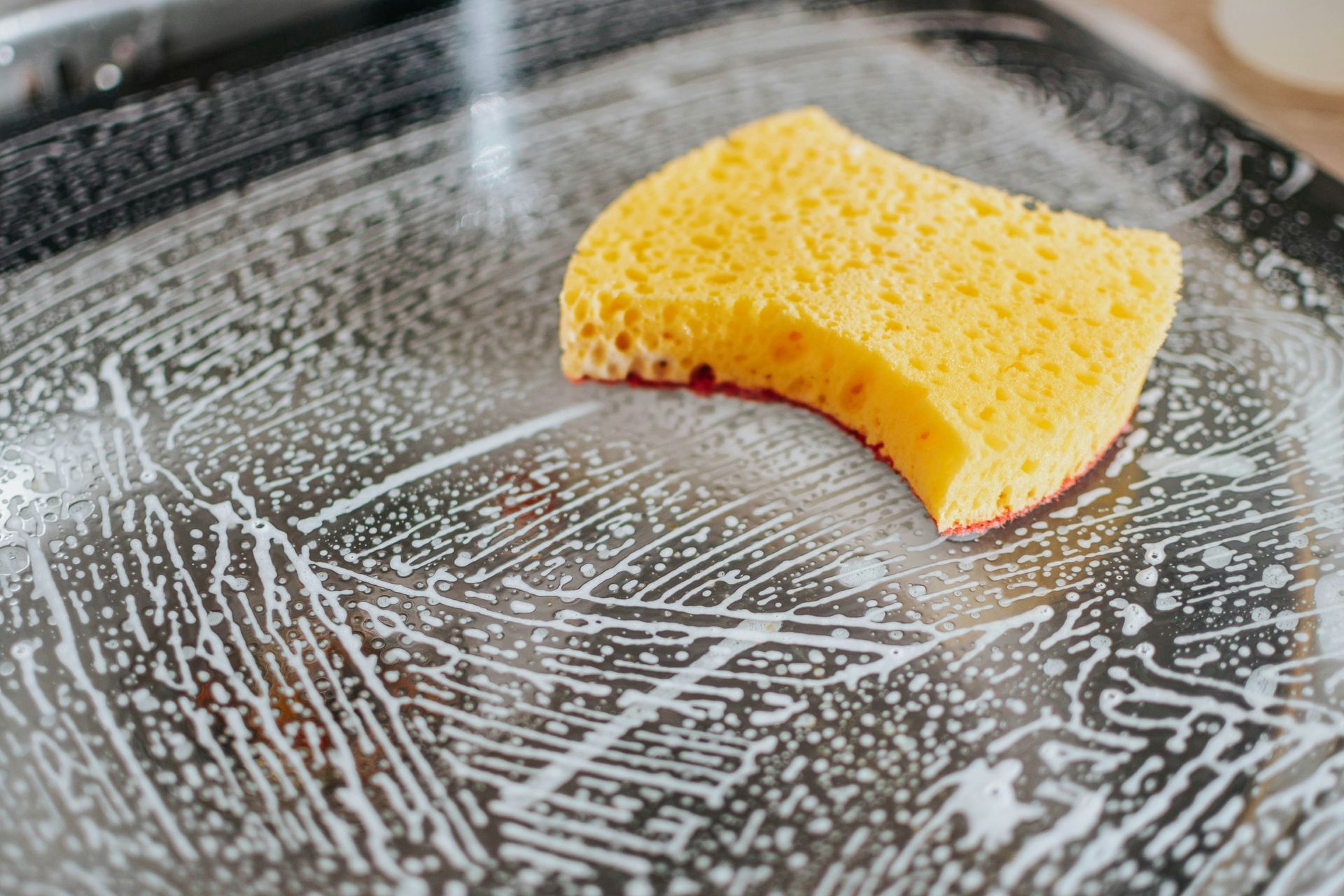
As the season changes and springtime blooms, it's the perfect opportunity to refresh and rejuvenate your restaurant space. Spring cleaning isn't just about tidying up; it's about ensuring a safe, welcoming environment for your patrons and staff. In this blog post, we'll explore some essential tips and best practices for restaurant cleanliness in the springtime. Embrace Deep Cleaning : Spring cleaning is the ideal time to tackle those deep cleaning tasks that may have been neglected during the busier seasons. From scrubbing floors and walls to deep cleaning kitchen equipment, thorough sanitation ensures a hygienic environment for food preparation and service. Focus on High-Traffic Areas : Pay special attention to high-traffic areas such as dining areas, restrooms, and entryways. These areas are prone to accumulating dirt, dust, and germs, making regular cleaning essential for maintaining a pristine appearance and preventing the spread of illness. Refresh Outdoor Spaces : If your restaurant has outdoor seating areas, spring is the perfect time to freshen them up. Clean outdoor furniture, sweep away debris, and power wash outdoor surfaces to create an inviting atmosphere for al fresco dining. Check and Replace Equipment Filters : Don't forget to inspect and replace filters in HVAC systems, refrigeration units, and ventilation hoods. Clean filters help maintain air quality and prevent the buildup of contaminants, ensuring a healthy indoor environment for both customers and staff. Engage Staff in Cleaning Initiatives : Encourage staff members to take pride in the cleanliness of the restaurant by involving them in spring cleaning initiatives. Assign specific tasks and provide training on proper cleaning procedures to ensure consistency and effectiveness. Implement Regular Maintenance Schedule : Establish a regular maintenance schedule to keep up with cleaning tasks throughout the year. By incorporating daily, weekly, and monthly cleaning routines, you can maintain a high standard of cleanliness and prevent the accumulation of dirt and grime. Invest in Quality Cleaning Products : Choose cleaning products that are effective yet environmentally friendly. Look for products that are certified as safe for use in foodservice establishments and follow manufacturer recommendations for proper application and usage. Monitor and Adjust Cleaning Protocols : Continuously monitor cleaning protocols and adjust as needed based on feedback, customer traffic, and changing regulations. Regular evaluation ensures that your cleaning practices remain effective and in compliance with industry standards. Spring cleaning is an essential aspect of restaurant maintenance that goes beyond just aesthetics. By implementing thorough cleaning routines, engaging staff members, and investing in quality cleaning products, you can create a safe, hygienic environment that enhances the dining experience for your customers and promotes a healthy work environment for your staff. As you embark on your spring cleaning journey, remember that ATECH is here to support you with a wide range of cleaning and maintenance solutions tailored to meet the unique needs of your restaurant. Happy spring cleaning!

Winter is here, and at ATECH, we understand the unique challenges businesses face in keeping their commercial equipment running smoothly during the colder months. In this comprehensive guide, we'll delve into the strategies, tips, and success stories that can help your business navigate winter effortlessly. From equipment maintenance to emergency services, consider this your go-to resource for mastering winter with ATECH. Winter Equipment Maintenance Tips Checklist for Winter-Ready Equipment: Inspect Seals and Gaskets : Ensure a tight seal to prevent cold air leakage. Check Insulation : Evaluate the insulation of walk-in coolers and freezers. Clean and Sanitize : Thoroughly clean and sanitize all equipment surfaces. Temperature Adjustment : Set optimal winter temperatures for each piece of equipment. ATech Maintenance Tips for Different Equipment: Fryers and Grills : Clean and inspect burners for efficient operation. Ice Machines : Check water lines for insulation and replace filters regularly. Heating Systems : Schedule preventive maintenance to optimize efficiency. Electronic Equipment : Keep spaces well-heated and clean to prevent malfunctions. Businesses often grapple with specific equipment failures that can disrupt operations. ATECH understands the challenges posed by heating system malfunctions, electronic equipment performance, and other issues during the colder months. To tackle these common winter-related failures, businesses should prioritize preventive measures. Regular heating system maintenance checks and air filter replacements can prevent malfunctions. For electronic equipment, maintaining ambient room temperature and conducting routine cleaning are key strategies to ensure optimal performance throughout winter. ATECH's Winter Services: A Lifeline for Your Business Winter demands a proactive approach to equipment maintenance, and ATECH stands as the lifeline for businesses navigating the challenges of the season. Our comprehensive winter services go beyond mere repair and include prompt equipment repairs, planned maintenance, and emergency services. With a commitment to same-day service for urgent winter emergencies, ATECH ensures that businesses can rely on swift resolution during critical times. What sets us apart is our team of factory-trained and CFESA-certified technicians, offering not just reliability but a dedicated partnership to keep your business running smoothly through the coldest months. Trust in ATECH, your lifeline in the winter business landscape. Winter doesn't have to be a season of uncertainty for your business. With ATECH by your side, you have a reliable partner dedicated to providing top-notch equipment repairs and maintenance services. Master winter with confidence, knowing that our comprehensive guide and expert services are here to support your business every step of the way. For personalized winter readiness assessments and expert guidance, contact ATECH today. Let's navigate winter together, and keep your business thriving.

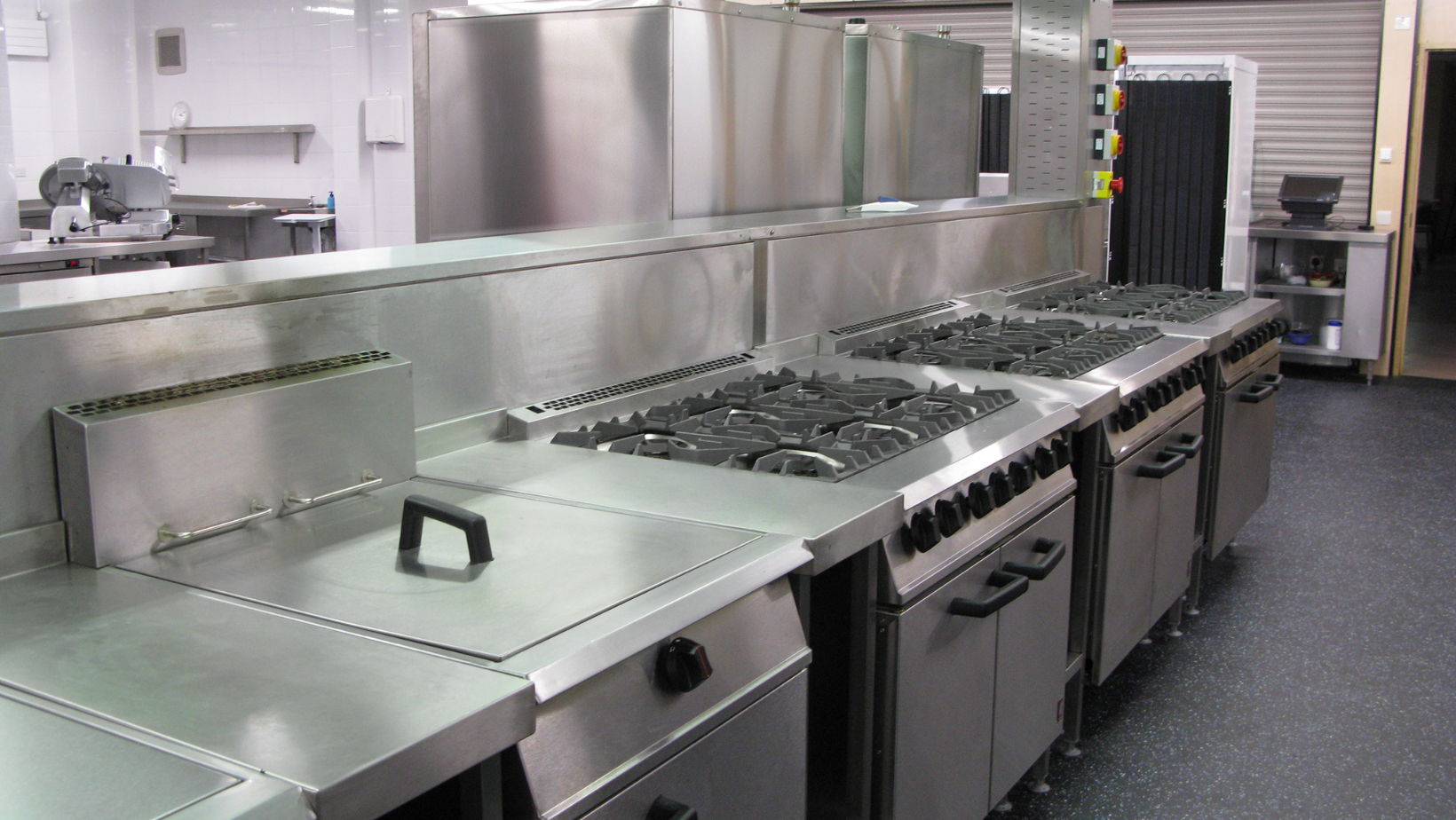
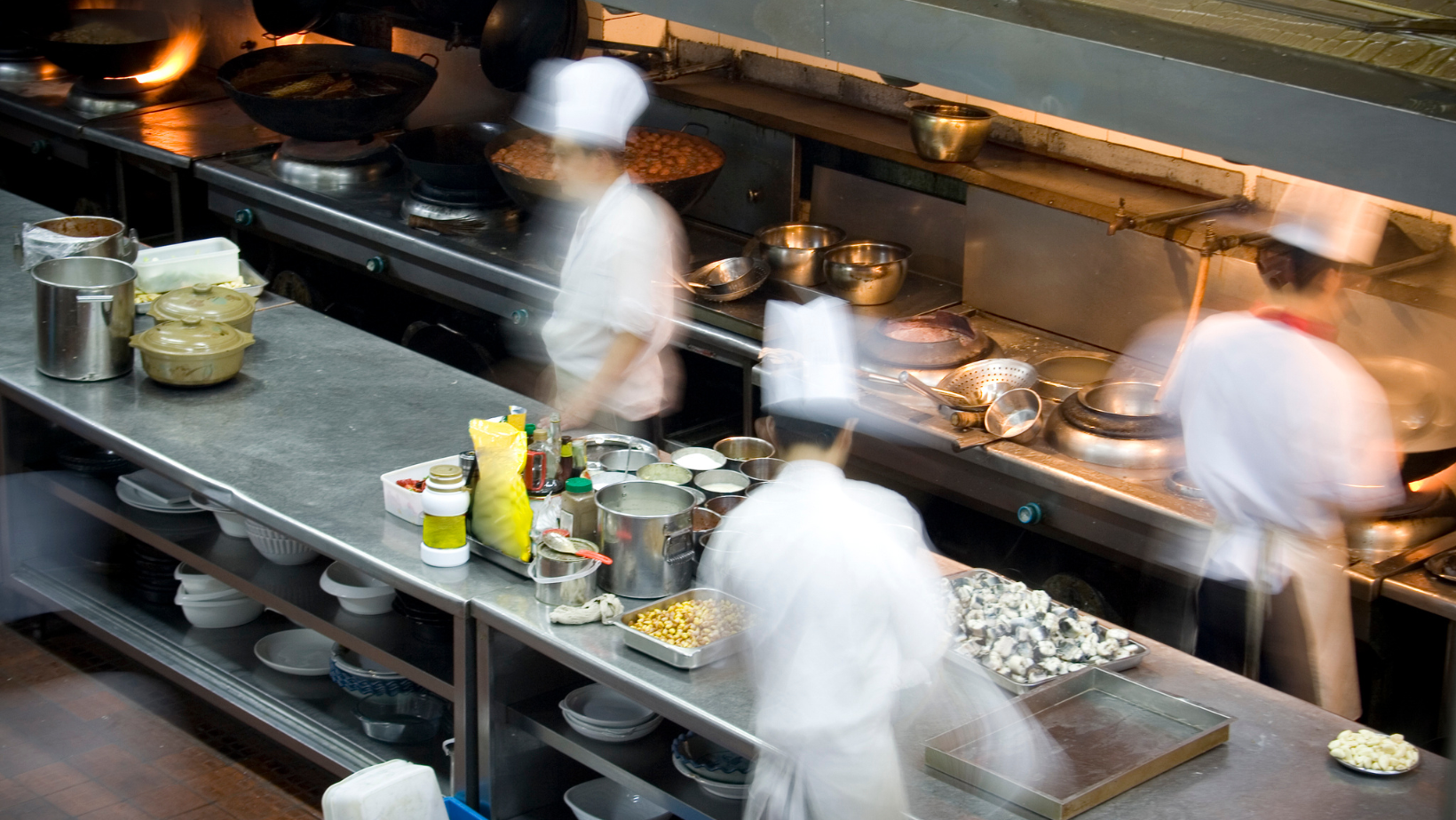

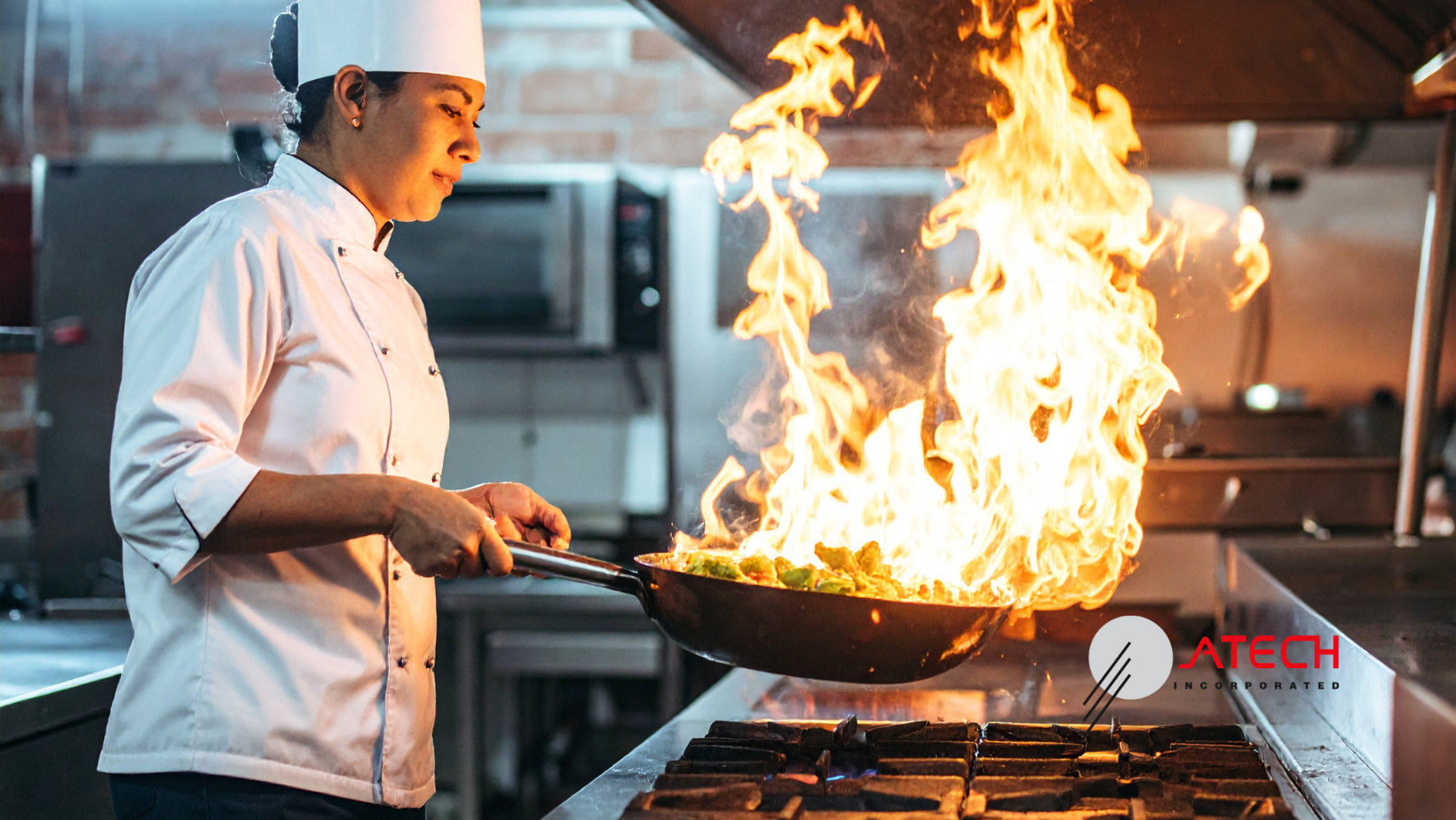


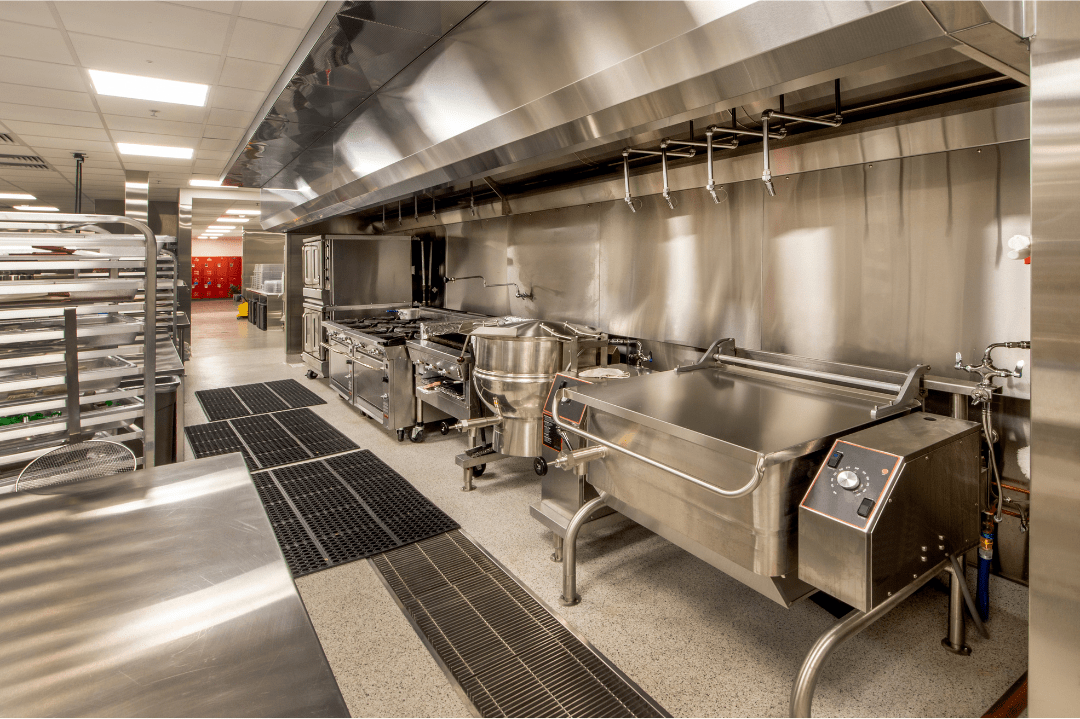
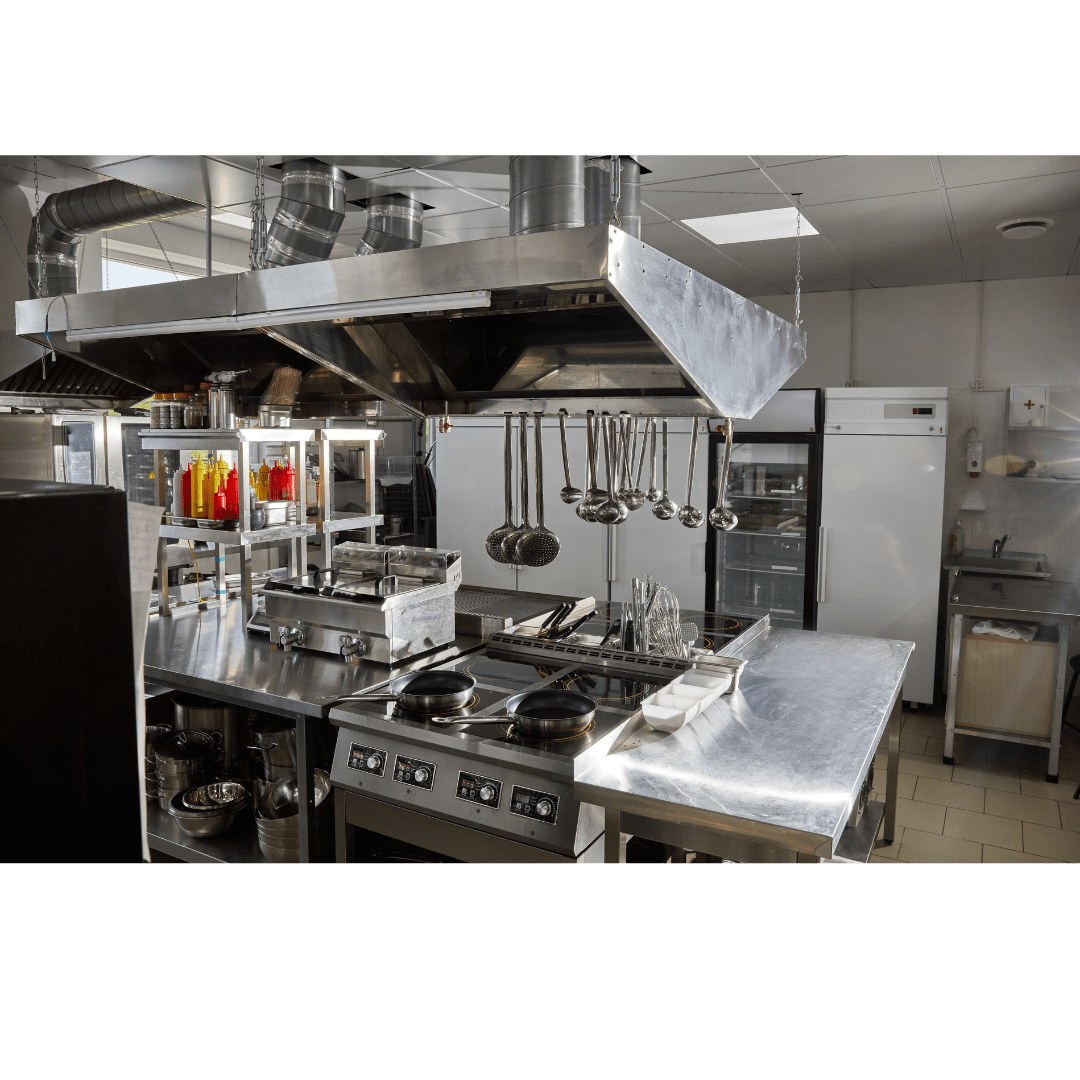
Share On: